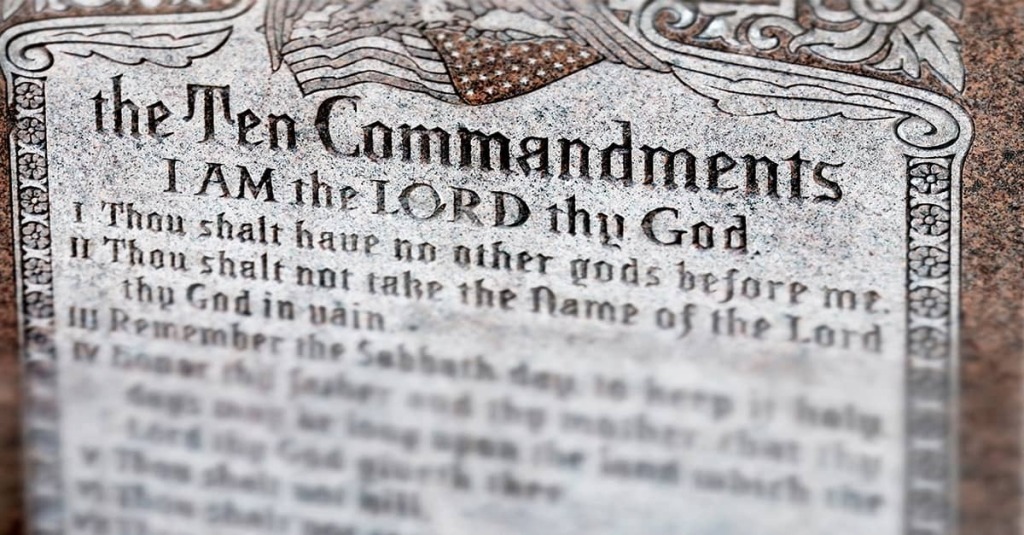The Oregon Court of Appeals last week ruled that Oregon’s Bureau of Labor and Industries (BOLI) did not act with requisite neutrality towards bakers Aaron and Melissa Klein, who because of their Christian beliefs refused to make a cake for a same-sex wedding.
Quick Facts
- After the Kleins first refused to bake a cake for a same-sex couple, BOLI ordered them to pay $135,000 in fines for emotional damages and to cease any communication regarding their refusal to make cakes for same-sex weddings.
- Their case went to the U.S. Supreme Court, which ordered a lower state court to reexamine it based on its ruling in Masterpiece Cakeshop v. Colorado Civil Rights Commission.
- In a partial victory, the Oregon Court of Appeals ruled that while the Kleins still violated the law, the state violated the First Amendment’s “requirement of strict neutrality toward religion” in determining the damages the Kleins must pay.
Several years ago, Rachel Cryer and her mother, Cheryl, walked into Sweet Cakes by Melissa, owned by Aaron and Melissa Klein, and asked Aaron to make a wedding cake. When Aaron asked the names of the bride and groom, he was informed that there were two brides. He apologized to the women but said that he did not make cakes for same-sex weddings. That decision cost him his business.
The Kleins were fined $135,000 for the emotional damage done to Rachel and the woman she was wanting to marry, Laurel Bowman, who was not present. Much of BOLI’s prosecution centered on the claim made by Rachel’s mother that Aaron said her gay children were an abomination. Cheryl had gone back later to discuss religious views with Aaron, during the course of which he asked Cheryl about Leviticus 18:22, which says, “You shall not lie with a male as one lies with a female; it is an abomination.” Cheryl went back to Rachel and said Aaron called her gay children an abomination.
Rachel and Bowman claimed that calling them an abomination threw them into existential crisis and that they were “mentally raped.”
The Kleins raised money on GoFundMe to help with legal and other expenses, but activists got the site to remove the page and the bakery was closed in 2016.
After the Kleins’ case made it to the Supreme Court, the nation’s highest judicial body ordered the lower court to reexamine the case in light of its decision in Masterpiece Cakeshop v. Colorado Civil Rights Commission.
After doing so, the Oregon Court of Appeals wrote,
“Ultimately, we reaffirm our prior decision except insofar as it upheld the damages award. Specifically, we adhere to our prior decision upholding BOLI’s determinations that Aaron unlawfully discriminated against the Bowman-Cryers based on sexual orientation, in violation of ORS 659A.403, and concluding that neither the state constitution nor the federal constitution precludes the enforcement of the statute against Aaron, even though the enforcement of the statute burdens Aaron’s practice of his faith. We reach a different conclusion with respect to our prior affirmance of BOLI’s noneconomic damages award.”
The court said, “When viewed in the light of Masterpiece Cakeshop, BOLI’s handling of the damages portion of the case does not reflect the neutrality toward religion required by the Free Exercise Clause.” They added, “The prosecutor’s closing argument apparently equating the Kleins’ religious beliefs with ‘prejudice,’ together with the agency’s reasoning for imposing damages in connection with Aaron’s quotation of Leviticus, reflect that the agency acted in a way that passed judgment on the Kleins’ religious beliefs, something that is impermissible under Masterpiece Cakeshop.”
The case will be sent back to BOLI to review, but the Kleins will appeal the court’s decision. Stephanie Taub, senior counsel for First Liberty, which represents the couple, explained in a statement:
“Oregon is trying to have its cake and eat it, too. The Court admits the state agency that acted as both prosecutor and judge in this case was biased against the Kleins’ faith. Yet, despite this anti-Christian bias that infected the whole case, the court is sending the case back to the very same agency for a do-over. Today’s opinion should have been the end of this ten year long saga…. It’s time for the state of Oregon’s hostility toward Aaron and Melissa to end.”

What was the real discrimination in this case? Cryer and Bowman found another bakery to do the cake the next day for a lower price. Yet the comments of a baker they did not know, made to Cryer’s mother and then misquoted back to the two women as so bad that it made them question their own value and beliefs to the point that they needed $135,000 to move on?
It was the Kleins who were told they couldn’t act on, or even communicate, their religious beliefs. It was the Kleins who were fined into ruin and lost their business. It was the Kleins who were told their deeply held religious beliefs were prejudiced.
Yet this is all made a reality because of the Supreme Court’s refusal to definitively rule on religious liberty. The Oregon court made this clear in their discussion of Masterpiece Cakeshop involving baker Jack Phillip, writing,
“On Phillips’ petition, the United States Supreme Court granted certiorari. Ultimately, though, the Court never addressed the question of the legal correctness of the agency’s (and the court’s) ruling. Instead, the Court set aside the agency’s decision based on its determination that the agency’s ‘treatment of Phillips’ case violated the State’s duty under the First Amendment not to base laws or regulations on hostility to a religion or religious viewpoint.’”
The Supreme Court’s failure to rule on a blatant violation of Phillips’ religious freedom has led to many more cases like this and more livelihoods ruined. For example, the Court failed to even take up Barronnelle Stutzman’s case in Arlene’s Flower’s v. Washington after nine years of litigation, leading to her retirement.
The Supreme Court has of late been making too many narrow decisions on matters of great Constitutional import. It is high time the High Court step up and boldly, broadly, and conclusively protect the inalienable right to religious freedom — before it’s too late.





